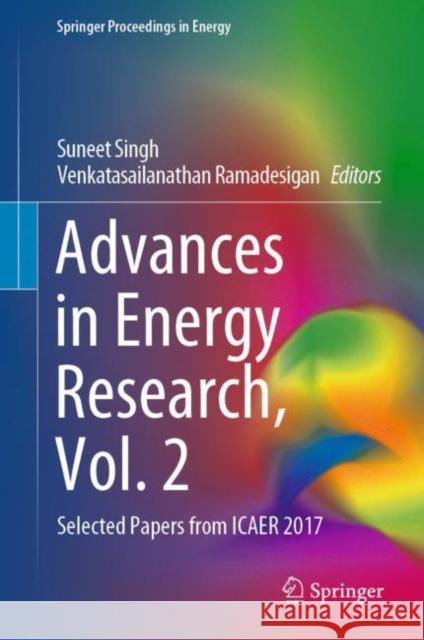Advances in Energy Research, Vol. 2: Selected Papers from Icaer 2017 » książka
topmenu
Advances in Energy Research, Vol. 2: Selected Papers from Icaer 2017
ISBN-13: 9789811526619 / Angielski / Twarda / 2020 / 895 str.
Advances in Energy Research, Vol. 2: Selected Papers from Icaer 2017
ISBN-13: 9789811526619 / Angielski / Twarda / 2020 / 895 str.
cena 805,10
(netto: 766,76 VAT: 5%)
Najniższa cena z 30 dni: 771,08
(netto: 766,76 VAT: 5%)
Najniższa cena z 30 dni: 771,08
Termin realizacji zamówienia:
ok. 22 dni roboczych.
ok. 22 dni roboczych.
Darmowa dostawa!
Kategorie:
Kategorie BISAC:
Wydawca:
Springer
Seria wydawnicza:
Język:
Angielski
ISBN-13:
9789811526619
Rok wydania:
2020
Wydanie:
2020
Numer serii:
000481237
Ilość stron:
895
Waga:
1.62 kg
Wymiary:
24.13 x 19.3 x 4.57
Oprawa:
Twarda
Wolumenów:
01











